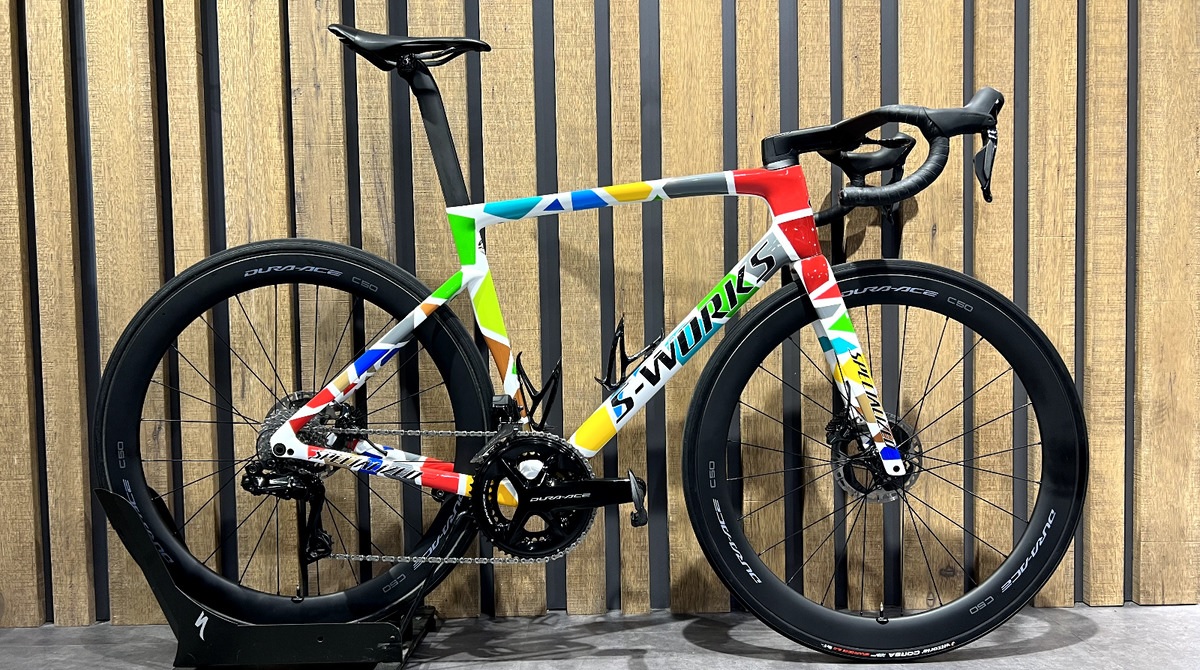
The TEN best cycling supplements to take in OCTOBER which are what they contain effectiveness
Read also:
Inkospor ENERGY GEL opinions reviews doses efficacy contraindications
Inkospor CARBO PURE maltodextrin reviews opinions doses efficacy contraindications
MyProtein sport food supplements review opinion contraindications
Best offers prices Myprotein GLUTAMINE
Best offers prices Myprotein SPORT FOOD SUPPLEMENTS
Best offers prices Myprotein PROTEIN BARS
Best offers prices Myprotein CAFFEINE SUPPLEMENTS
Best offers prices Myprotein CARNITINE FOOD SUPPLEMENTS
Best offers prices Myprotein Creatine
During cycling, especially in periods of intense training or competitions, it could be useful to supplement your diet with some specific nutrients.
Here are some supplements you may want to consider during the month of OCTOBER:
Electrolytes: During cycling, water and minerals are lost through sweat. Electrolyte supplements contain minerals such as sodium, potassium and magnesium to maintain water and electrolyte balance. They are useful for adequately hydrating during training sessions.
Complex carbohydrates: Fundamental for providing energy during training and competitions. They can be taken in the form of supplements or through foods such as pasta, brown rice, wholemeal bread and potatoes.
Electrolytes: During intense training or competition, it is important to maintain a balance of electrolytes such as sodium, potassium and magnesium to prevent dehydration and support muscle performance.
Protein: Contributes to muscle repair and growth after training. You can opt for protein supplements or get protein from food sources such as lean meat, fish, eggs, legumes and dairy products.
BCAAs (branched-chain amino acids): BCAAs (leucine, isoleucine, and valine) can help reduce muscle fatigue and promote muscle repair after training.
Creatine: Can increase muscle strength and power, aiding performance in high-intensity training.
Beta Alanine: May help delay the onset of muscle fatigue during high-intensity exercise.
Vitamins and minerals: In particular, B vitamins, vitamin D, calcium, magnesium and zinc may be important for muscle and bone health, as well as immune system support.
Omega-3s: May help reduce inflammation and support heart and joint health.
Caffeine: A light intake of caffeine can improve attention and concentration during training.
Antioxidants: Like vitamin C and E, they can help protect cells from oxidative damage caused by intense physical activity.
It is important to keep in mind that each individual has different nutritional needs and requirements.
Before taking any supplements, it is advisable to consult your doctor or a registered dietitian to determine your personal needs and to ensure that the supplements you choose are appropriate for you.
Do not take supplements without first consulting your doctor and having obtained his consent.
